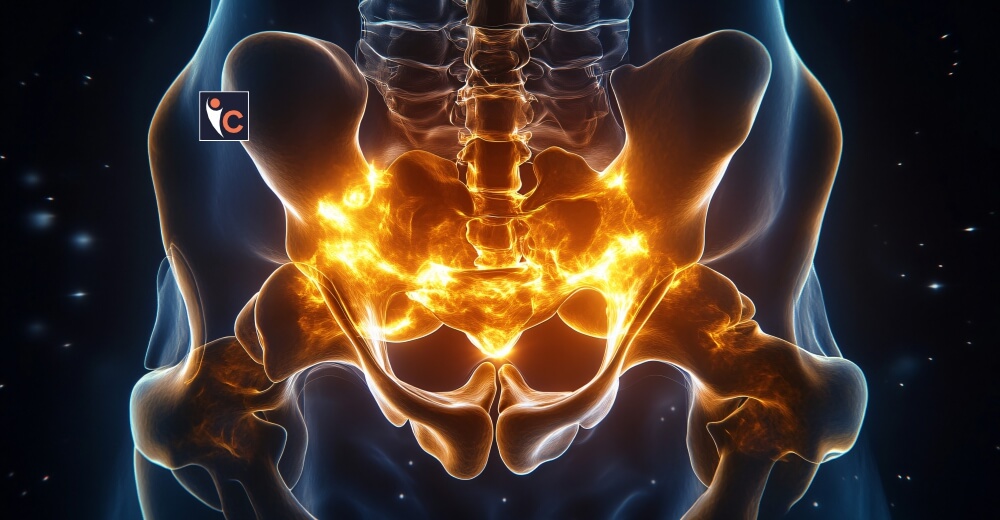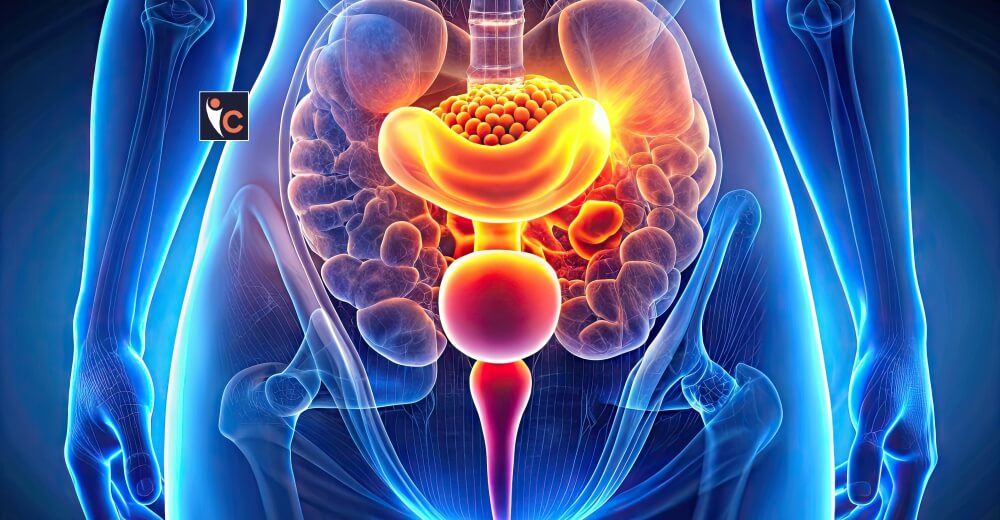What Every Woman Should Know
Once a woman hits menopause, the risk of developing any heart diseases is seriously on the increase. With a woman coming to the age of menopause or when she stops her monthly menstrual cycle and is often confirmed after 12 months have since elapsed without a woman having a period, it triggers many physiological changes inside a woman’s body that she will struggle with on the sour side of the heart. Actually, understanding its effect on cardiovascular risk, therefore, forms the very foundation of proactive actions by women in preserving heart health in this stage of life.
Role of Estrogen in Heart Health
Surely, hormone levels is one of the most likely explanations why postmenopausal women have to suffer from the increased risk of heart disease. Estrogen guards the female cardiovascular system and makes blood vessels elastic so that blood may flow freely. She maintains cholesterol balance through increased high-density lipoprotein, also known as “good” cholesterol, and reduced low-density lipoprotein, which is called “bad” cholesterol.
These effects are lost at the end once estrogen levels decline. Here, arteries become more stiff, and the risk of atherosclerosis, hypertension, and heart attack increases. This hormonal shift underscores the need for close monitoring of heart health during and after menopause.
Other Changing Risk Factors Post-Menopause
Outside of hormonal change, several other risk factors for cardiovascular disease tend to worsen during menopause:
- Hypertension: The postmenopausal period often sees blood pressure increase because of the changed hormonal environment and also as a result of how old age impacts the blood vessels.
- Weight Gain and Redistribution of Fats: The most common pattern of weight gain women follow during menopause is abdominal obesity. Redistribution of body fats exposes them to the risk of developing metabolic syndrome and heart disease.
- Insulin Resistance: Lower levels of estrogen could also make him or her increase his or her level of insulin resistance, putting them in risk of type 2 diabetes, which is another major heart disease.
These, along with lifestyle causes like an inactive lifestyle or unhealthy diet, add to chances of heart disease.
Heart Disease: Silent Killer for Women
In fact, it is the number-one killer in women but remains an almost exclusively male condition in popular perception. Because the symptoms of heart disease are more subtle and even atypical for women, many women do not know they are at risk. Women are far more likely than men to feel a nagging nausea or experience fatigue rather than experiencing the telltale chest pain of a heart attack.
It is, therefore necessary for the female population to be aware of the symptoms; in turn, they should see their physicians from time to time, which will enable them to take follow up in maintaining heart health both during and after menopause.
How to Maintain Heart Health After Menopause?
Despite the potential which places a woman at a greater risk of heart disease at menopause, women can make several precautionary measures regarding their heart:
Keep working out: Engage in physical activities such as walking, swimming, or cycling, to maintain cardiovascular fitness, monitor weight, and maintain optimal blood pressure levels.
- Eat a heart-healthy diet: A diet, as Janet Allison says, is eating a healthy diet that is rich in fruits and vegetables, whole grains and healthy fats, such as the omega-3 in fish, which lowers cholesterol and prevents a buildup of arterial plaque. Reduced use of salt and processed foods lowers blood pressure.
- Cholesterol and Blood Pressure Regular Monitoring: Regular check-ups for cholesterol, blood pressure, and blood sugar are important so that an increase is detected as soon as possible and dealt with either by lifestyle or by drugs if necessary.
- Quit Smoking: Smoking triggers heart disease and stroke very much, specially in women after menopause. Quitting smoking is one of the best hearts’ confidence boosters.
- Chronic stress may cause heart disease because it promotes increasing BP and unhealthy lifestyle behaviors such as overeating or exercising less. Stress can be controlled through mindfulness techniques, meditation, and proper sleep.
Hormone Replacement Therapy (HRT): Advantages and Disadvantages
The reduced levels of hormones can be replaced through HRT, which would make the symptomatic relief by hot flashes and mood swings that characterize the woman’s life due to advancing years easier.
While HRT has been successful in managing the symptoms related to menopause, its influence on cardiovascular health is highly equivocal. Moreover, the debate on the impact of HRT over heart diseases is still a controversial one. Such studies appear to demonstrate that HRT can start the prevention of heart disease if the treatment started during early menopause, whereas other evidence suggests that HRT itself can be a trigger for heart disease, stroke, and thrombosis in many women but is particularly so for women initiating HRT more than 10 years after a woman’s last period of menopause. Thus, the selection of HRT by a woman’s physician should be individualized using specific risks weighed against specific benefits of HRT. Conclusion: Leading the Way in Heart Health
It represents a landmark for women to be in charge of their heart health. This will enable women to formulate heart-healthy lifestyles and receive medical consultations needed, as called for by her risk factors on account of hormonal imbalance and any cardiovascular condition. Active management may thus drastically cut the risk of heart disease in women and thereby improve the quality of life both during and after menopause.
Read More: Click Here










